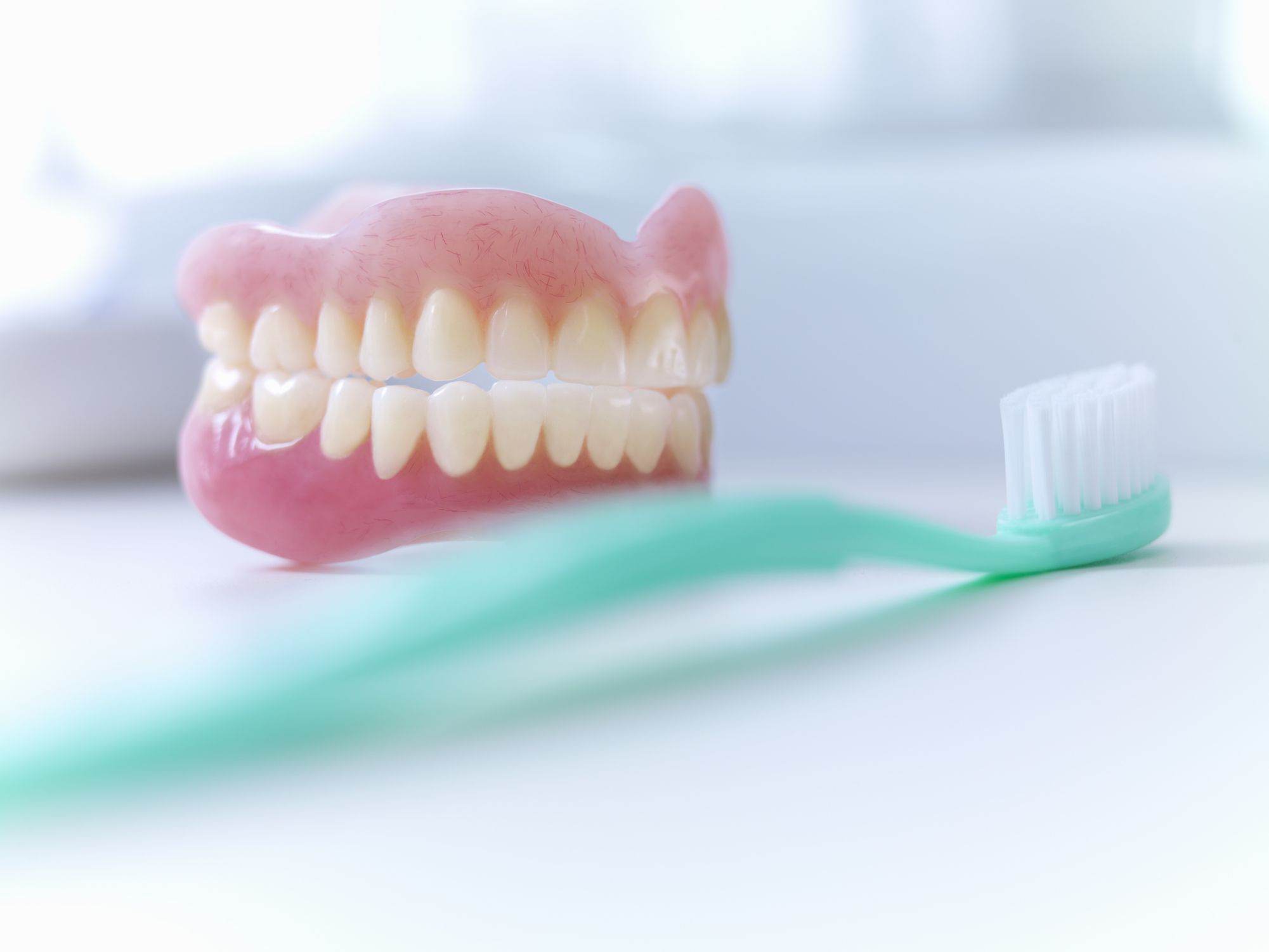Full set & partial dentures
What are dentures?
Dentures are used to replace teeth that are missing due to a fracture or extraction. False teeth can be placed into the mouth and removed easily and as they have the ability to resemble with natural teeth, cannot be easily spotted, being comfortable to use. Dentures are divided in two categories, full set and partial false teeth.
Full set dentures
Full set artificial teeth, are used in patients who have lost all of their teeth, with the aim to replace them. Full set false teeth are consisted of artificial porcelain or plastic teeth, which are supported on an acrylic frame. Full set dentures are also an excellent solution for the restoration of the upper jaw, because they have the tendency to adhere to the gums and mucous membrane, without the use of soldering material. This is the reason why full set artificial teeth can offer very good support into the oral cavity. However, regarding to the restoration of the lower jaw, the process becomes more complex, due to the existence of tongue and various muscles, which cumber the restoration. So, the dentist has to estimate each incident and act correspondingly. Also, it has to be mentioned that over time, full set dentures are likely to need reconstruction, because the structure of the bone that has lost the teeth can alter.

Partial dentures
Partial artificial teeth on the other hand, are used as an alternative solution to dental bridge, due to the fact that the existing gap is so big and cannot be fixed differently. Partial false teeth, like full set dentures, are made of an acrylic or metal framework, on which the artificial teeth are placed. For this procedure the existence of at least one tooth is mandatory, on which the construction will be able to support itself. In many cases, natural teeth can be covered with special cases, which contribute even more to the support system.
Dentures: Sense & Duration
The sense that patients gain into their oral cavity after false teeth placement might demand time in order to get used to it. This fact is normal, because they have a permanent plaque into the mouth that blocks chewing and speaking. Even though the sense that artificial teeth will remove from their place is frequent and intense, the tongue and muscles contribute to holding them back. Greater secretion of saliva might also be noticed, such as certain irritations, which are treatable.
The duration of dentures over time depends on changes that arise in the shape of gums, something that demands readjustment of the plaque. This adaption is really important, because dentures must perform total contact into the oral cavity. In addition, the better dentures are treated, the more will last. For this reason, dentures should not lose their moisture and when they are not used, they should be kept into water or specially designed liquid. Their daily cleansing and protection from breaking or falling are factors of major importance. Finally, regular visits to the dentist are very crucial for the maintenance of dentures over time. The dentist is also able to repair small cracks and breaks on them, enhancing their lifespan.

